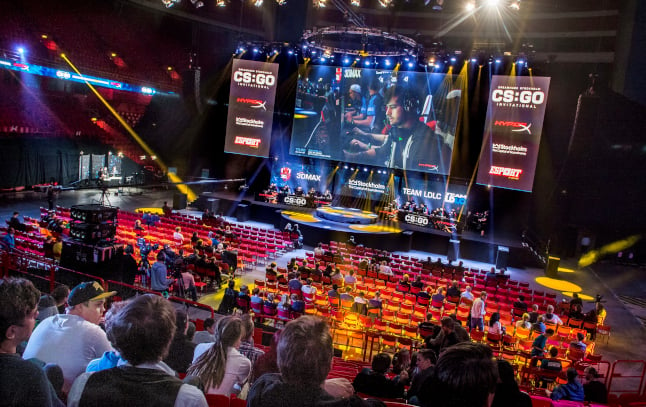Sweden has had a ban in place on travel from most non-EU/EEA countries since March last year, which was introduced in line with EU recommendations at the time to curb the spread of coronavirus.
But there are several exemptions, including if you live in Sweden or the EU, if you’re travelling for certain purposes such as urgent family reasons and vital work, or if you’re travelling from certain low-infection countries which are decided at the EU level.
There is also an exemption in place for sportspeople who are travelling to Sweden to take part in, or to carry out vital work at, international competitions at the elite level.
The government now wants to extend that exemption to esports competitors. Sweden has one of the world’s most vibrant esports and gaming scenes, tapping into a billion-dollar industry. The world’s largest LAN party, DreamHack, was founded in Sweden in the 1990s.
“I am pleased that we can now take further steps to allow for international esports events even in pandemic times. Sweden has long been a pioneer in esports, something we must continue to protect,” said Culture and Democracy Minister Amanda Lind, who is also responsible for the government’s sports portfolio, in a statement.
The justice ministry on Friday invited relevant organisations and authorities to comment on the proposal, which – if the rule changes go ahead – would come into effect on August 23rd.
The proposed text of the law would state that foreigners are exempt from the entry ban if they are “persons travelling for the purpose of performing highly qualified work, if their work is necessary from an economic perspective and the work cannot be postponed or performed remotely, including persons who are to participate in, or perform necessary tasks at, international elite sports competitions or similar international elite competitions” (proposed new addition in italics).
Sweden’s non-EU entry ban is currently in place until August 31st.



 Please whitelist us to continue reading.
Please whitelist us to continue reading.
The past year has shown us, that Athletes function outside of society. They do not matter and do not contribute to advancement of human life. Obviously, “opium for the people” needs to be delivered, i get that. The masses have to be kept calm. Those who are vital stil suffer the consequences, even more so e-gamer, wtf. It is right there in the name, it is live on the internet, bruuh.
Well, missed Dota2’s International already.